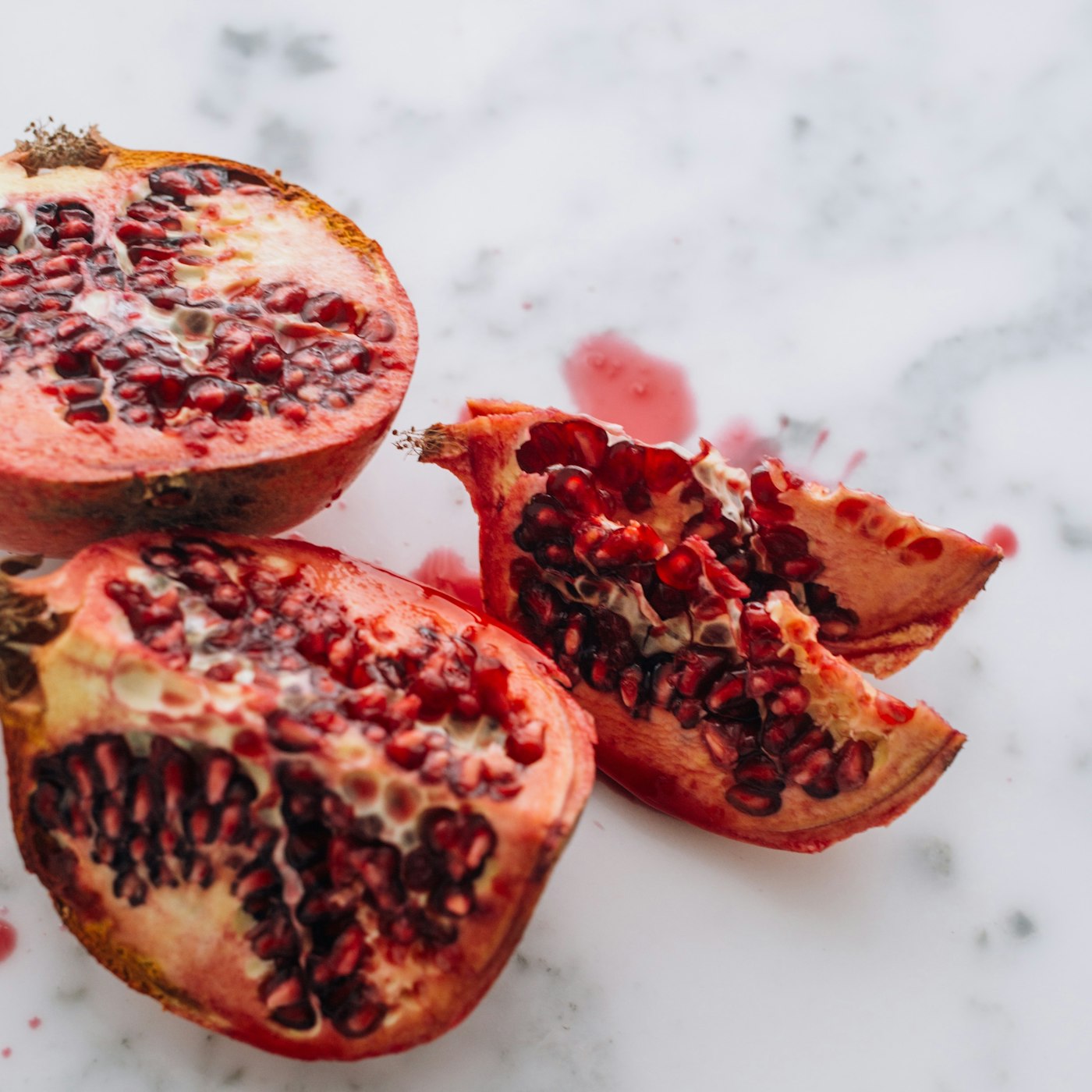11 Self-Care Tips and Habits for PMS Symptoms
by Ashiya Mendheria in Culture & Lifestyle on 14th January, 2021

Watch our short video on Ashiya’s article here:
The luteal phase of the menstrual cycle is the season of self-care. These are the agonising days of PMS symptoms such as sore breasts, acne, crying spells and crankiness. To make the best and most out of your self-care practice, the key is to identify when the luteal phase is approaching.
The female monthly cycle has four phases which vary in length from woman to woman, beginning with the menstrual phase (the first day of the bleed to approximately day 7), followed by the follicular phase (day 8 to day 13), the ovulatory phase (day 14 to day 20) and finally, the luteal phase (day 21 to day 28).
What is PMS?
Pre-menstrual syndrome occurs during the luteal phase lasting from 3 days to a whopping 14 days (depending on the individual). PMS is an indication of hormonal imbalance, typically excess oestrogen and insufficient progesterone. These hormones are essential for the female reproductive system: oestrogen thickens the womb lining to preparation for a fertilised egg but when your body does not flush out oestrogen sufficiently (due to poor nutrition, little exercise, toxin build-up, stress, etc.) we are hit with a host of gruelling symptoms:
- Headaches
- Increased appetite
- Bloating
- Cramping
- Lowered libido
- Fatigue
- Irritability
- Short temper
- Feeling apathetic and withdrawn
- Anxiety
High oestrogen levels result in lower progesterone levels. Progesterone is responsible for preparing the body for pregnancy if an egg is fertilised. If an egg is not fertilised, progesterone levels drop, causing a new menstrual cycle to begin.
To help identify when the luteal phase is approaching, look out for the changes in cervical fluid.
Practicing self-care
- KNOWLEDGE: enter the luteal phase with full awareness to be better equipped to prioritise and practice self-care to alleviate PMS symptoms. Chart your cycle from day 1 of the menstrual phase or use an app, and familiarise yourself with your cervical fluid. During ovulation, the cervical fluid tends to be a slippery, stretchy and wet consistency, indicating peak fertility. The fluid begins to change upon entering the luteal phase, becoming sticky, dry and/or absent.
- NUTRITION: cut out processed foods, refined sugars and caffeine, and replace with a portion of protein, healthy fats and fibre at every meal to address cravings and to stabilise blood sugar levels, preventing energy slumps. Meals can look like chia seed puddings with yoghurt, warming chicken soups, lentil curries cooked in coconut oil, a side of brussels sprouts and brown rice. As appetite increases, listen to what your body is asking for and do not feel shame for wanting to eat more. Remain intuitive with your hunger and plan ahead to avoid overconsumption.
NB: all animal-based foods should be organically sourced as much as possible; conventional animal-based foods are polluted with hormone injections and antibiotics which remain in the end food products, further contributing to hormonal and menstrual disharmonies.
- SKIN: nourish your skin with a warm oil body massage – an ayurvedic ritual known as abhyanga. Pour sweet almond oil in a glass jar and let it sit in a pot of freshly boiled water for a few minutes. Once warm, add a few drops of essential oils known to ease PMS: fennel, rose, geranium, grapefruit, jasmine and chamomile. Stir well and massage the body in long strokes towards the heart, focusing on the abdomen, hips, lower back, breasts and buttocks. This soothing practice relieves physical and emotional tension and supports lymphatic drainage to flush out excess oestrogen.
Follow up abhyanga with warm baths in magnesium salts or pink Himalayan salts to promote better sleep and ease muscular and joint pain. Salt is a drawing agent, extracting out toxins and physical and emotional stresses.
For the face, wash with a cream-based cleanser every night to keep the skin looking clear and supple without overly drying it out, and indulge in a natural clay mask to calm any inflammations.
- MOVEMENT: exercise is vital in rebalancing hormones: yoga, brisk walking in daylight or shaking your hips to some Shakira. Whatever increases your heart rate and makes your body sweat is a sure-fire way to alleviate PMS by encouraging energy flow, promoting sleep and stimulating endorphins.
The luteal phase is an opportunity to focus inward on reviewing, resetting intentions and organising. Many emotions come out to play and it is important to tune into them and respond constructively.
- Seek the root of your inner critic – what are your emotions attempting to tell you about your situation?
- Put your negative thoughts on trial. Challenge them.
- Declutter and tidy your environment – your bedroom, kitchen, work desk, bathroom and so on. Honour the nesting instinct that comes during the luteal phase.
- Clear your calendar. Say no to the things that don’t serve you and utilise this time for self-care.
- Allow your body to rest. Watch your favourite movies or lose yourself in a great book.
- Communicate with the people closest to you. Tell them that you need some silence, to be left alone for a few minutes/hours, or that you’d rather sip on ginger tea and have an early night than go out for dinner.
- Spend time with those that nourish, listen and are open to understanding you.
Your cycle reflects your overall health. A self-care routine to ease PMS begins with self-awareness, consistency and habit formation.
Ashiya Mendheria
Ashiya Mendheria is a nutritional therapist, and works with women and children of all ages, to cultivate wholesome health by focussing on nutrition and lifestyle changes. Ashiya believes health and vitality can be elevated through practical actions found in the daily, small but consistent habits.